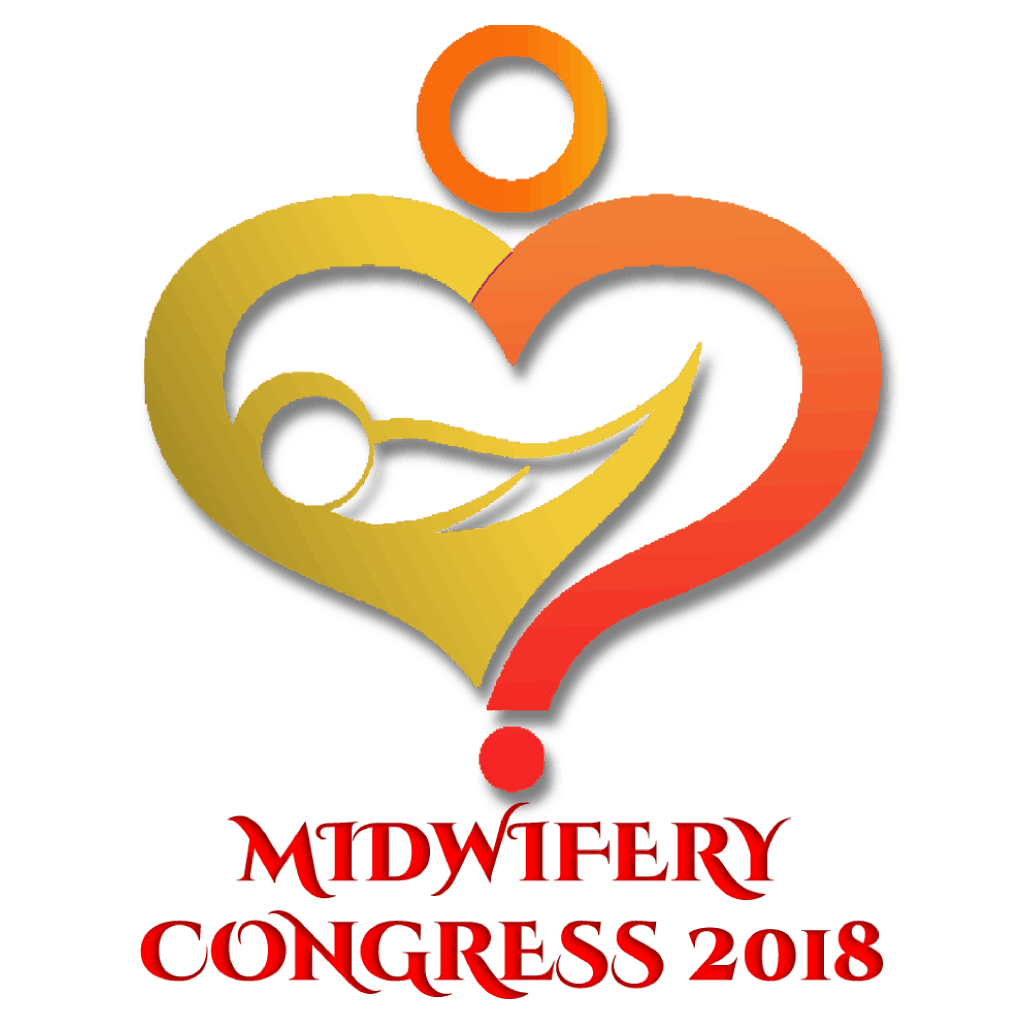
Sumaya Joseph
Department of Health Western Cape, South Africa
Title: An exploration of clients’ agency regarding their own reproductive health while living with intimate partner violence
Biography
Biography: Sumaya Joseph
Abstract
Problem: A study conducted amongst women in Soweto, South Africa attending antenatal clinics in 2002, found that 21.8% of women seeking care experienced multiple assaults by a male partner (Dunkle, Jewkes, Brown, Yoshihama, Gray, McIntyre, & Harlow, 2004:238).
This study aims to develop insight into how intimate partner violence influences women’s decision making and ultimate reproductive health choices.
Methodology and theoretical orientation: women were interviewed using a semi-structured interview guide. A qualitative descriptive approach was adopted with an embedded feminist perspective. Describing lived experiences has been conceptualized as an overarching philosophy on which all qualitative research draws. Descriptive qualitative research recognizes an experience as being unique to an individual. Hermeneutic descriptive qualitative research concerns with creating a rich, deep account of an experience (Burns & Grove, 2011:76).
Research setting: all women attend a primary health care facility within the Khayelitsha Eastern substructure of the Western Cape South Africa.
Findings: Women have limited agency which influenced not only their reproductive and sexual health but their daily lives.
The following is a summary of themes that emerged.
|
Theme |
Sub-theme |
|
Social Norms |
· Alcohol use. · Masculinity vs Femininity. · Reproductive health issues. · Culture and religious pressure. · Love and belonging. |
|
Mental state and agency |
· Psychological trauma. |
|
This is it! This theme relates to reasons women gave for eventually getting what they want.
|
· “I am a mother, I am a daughter” · “I didn’t tell him” |
Conclusion: The lack of agency challenges women’s ability to make reproductive health choices. Adhering to social norms is of higher value than women’s rights and become an oppressive force. Intimate partner violence coupled with, fear challenges women’s agency in a society where women have a lower status than men.
Women living with intimate partner violence are at risk of unwanted pregnancies, sexually transmitted infections and HIV. This is mainly because of a lack of agency.
Individual stories behind statistics are powerful tools to raise awareness and steer interventions to advocate for the empowerment of women’s health care.
Reference list
Abrahams, N. Mathews, S. Jewkes, R. Martin, L.J. & Lombard,C. Every eight hours: Intimate femicide in South Africa 10 years later. South African medical research council research brief. August 2012:1-4.
Burns, N & Grove, S.K. 2011. Understanding Nursing Research. Building an Evidence-Based Practice. 5th Edition. St Louis, Elsevier Publishers.
Cowley, A.D. 2013. “Let’s get drunk and have sex”: The complex relationship of alcohol, gender, and sexual victimization. Journal of interpersonal violence.11(3):1-21.
Dunkle, K.l. Jewkes, R.K. Brown, Yoshihama, M. Gray, G.E. McIntyre, J.A. & Harlow, S.D. 2004. Prevalence and patterns of gender-based and revictimization among women attending antenatal clinics in Soweto, South Africa. American journal of epidemiology.160(3):230-239.
Fikree, F.F. Jafarey, S.N. Korejo, R. Afshan, A. & Durocher, J.M. 2006. Intimate partner violence before and during pregnancy: Experiences of postpartum women in Karachi, Pakistan. Journal Pakistan medical association. 56(6)252-257.
Shamu, S. Abrahams, N. Temmerman, M. Shefer, T. & Zarowsky, C.2012. “that pregnancy can bring noise into the family”: Exploring intimate partner sexual violence during pregnancy in the context of HIV in Zimbabwe. Plos One. 7(8):1-9.
Golden, S.D. Perreira, K.M. & Durrance, C.E. 2013. Troubled times, troubled relationships: How economic resource, gender beliefs, and neighborhood disadvantage influence intimate partner violence. interprets violence. [online]. Available. www.ncbi.nlm.nih.gov/pubmed/23300198 [2013,February 26].

